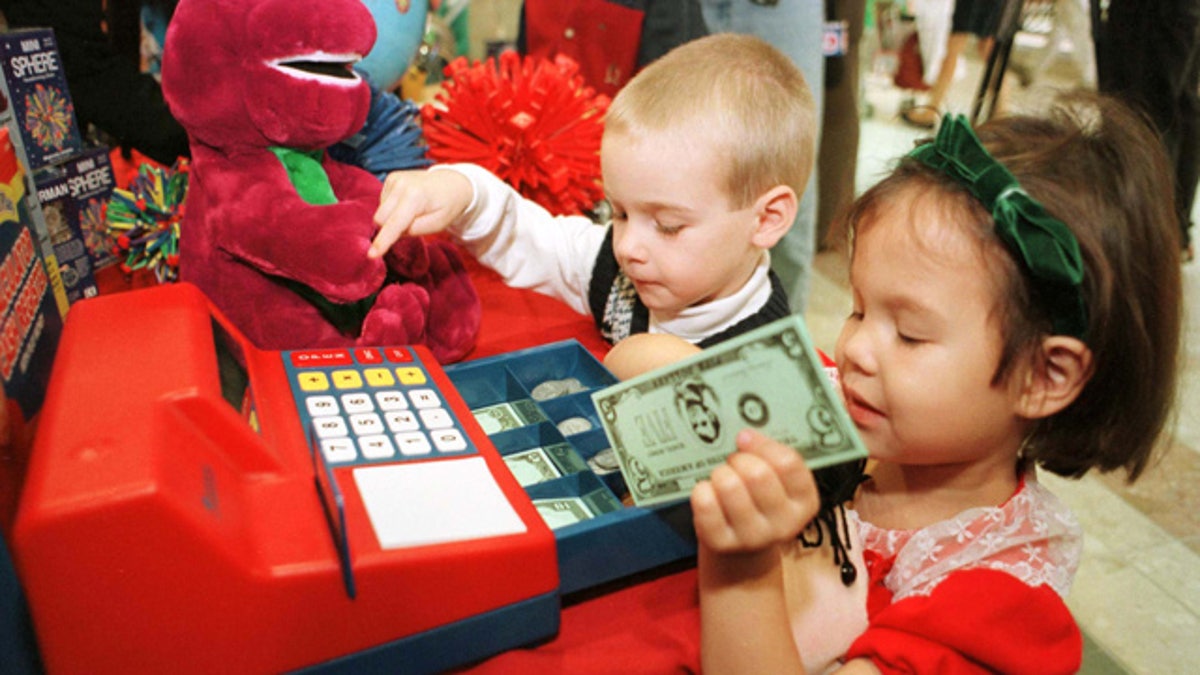
(Reuters)
You are likely one of the millions of Americans who declared a New Year's resolution as the clock struck twelve. Be it to lose weight, quit smoking, or watch less television, resolutions are made in an effort to be a better person or to live a better life. You may think the resolution itself is a good example for your children, but the lesson is deeper than that.
Resolutions aren't just about improving one character trait. They're about making a choice and following through, recognizing strengths and weaknesses, and self esteem. The lesson in New Year's resolutions lies in the commitment. It's important that children see the adults in their life making commitments and honoring them. They will carry that lesson over to their academic work, sports, and personal relationships. There are some easy ways to make resolutions count for your kids.
Choose something meaningful and attainable. If you choose a long term goal, show your children how small steps can get you there. Include them in the process so they understand that hard work pays off.
Share your resolution with your children and explain why you chose it. "I want to lose weight" could send the wrong message about body image but "I want to live a healthier lifestyle so I have more energy" shows you value yourself and your family.
Recognize setbacks you may have along the way. Showing your children how to dust yourself off and try again is a lesson they will carry with them for life.
Each year when my class returns from winter break the first week of January, we talk about resolutions. We discuss ways we can make ourselves and our classroom better. Though I don't expect young children in elementary school to honor a resolution for the entire year, I do expect them to take time to reflect on themselves, their traits, and their growth. We should all do the same and share the conversation with our children. They will undoubtedly carry the lessons they learn throughout the upcoming year.
Jennifer Cerbasi teaches at a public school for children on the autism spectrum in New Jersey. As a coordinator of Applied Behavioral Analysis programs in the home, she works with parents to create and implement behavioral plans for their children in an environment that fosters both academic and social growth. In addition to her work both in the classroom and at home, she is also a member of the National Association of Special Education Teachers and the Association for Supervision and Curriculum Development. For more information, log on to www.jennifercerbasi.com.
